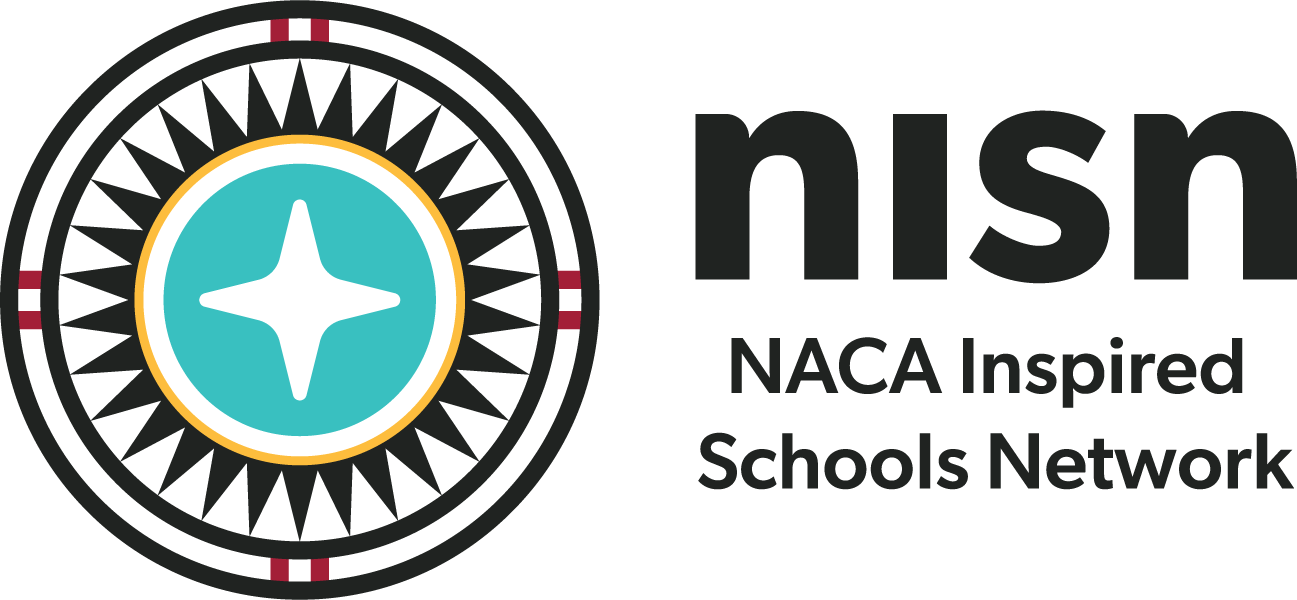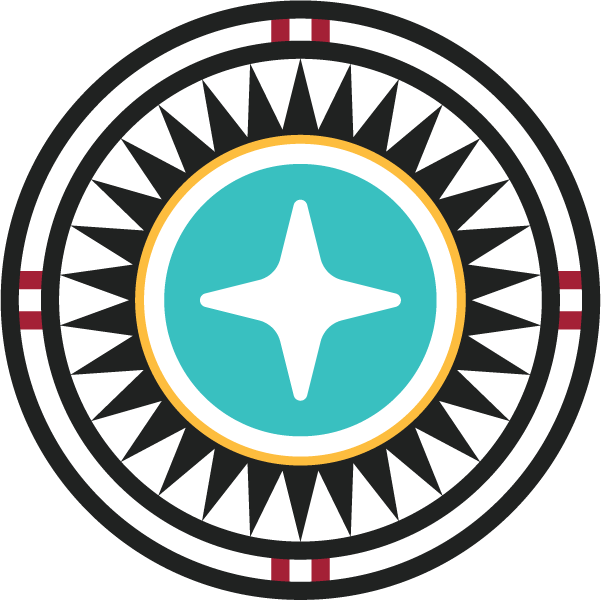INDIGENOUS SCIENCE: sessions
DAY 1: 6/16 | Day 2: 6/17 | DAY 3: 6/18
Session 1: Story
In Session 1, ISI participants will consider the important relationship between place, story, self, and how all three are integral to holistic science teaching and learning.
Guiding Question: What is the Indigenous Science Initiative?
Facilitator: Michael Garcia
DAY 1
11:20-11:50 AM
La Terraza
Session 2: Overview of Yearlong and Deep Dive on Unit 1
In session 2, ISI participants will learn more about a specific grade level of the curriculum, with a particular emphasis on (1) yearlong planning documents, (2) an overview of Unit 1, (3) experiential learning, and (4) meta-analysis of the strategies used by the facilitators.
Guiding Questions:
How do you live and practice the Indigenous Science Initiative?
What are the ISI yearlong plans?
How do the units work?
What are the investigations like?
How do you facilitate this kind of learning?
Faciliators: 6th – Diane Chavarria, Tylar Rodgriquez ; 7th – Victoria Martine, Alice Tsoodle, Dakota Begay; 8th – Kim Etsitty, Paul LeFrancois, Doris Rivera
DAY 2
10:15-11:45 AM
6th: Exchange Room
7th: La Terraza (Inside)
8th: La Terraza (Patio)
Session 3: Deep Dive on Unit 2
In session 3, ISI participants will learn more about a specific grade level of the curriculum, with a particular emphasis on (1) an overview of Unit 2; (2) experiential learning; and (3) meta-analysis of the strategies used by the facilitators.
Guiding Questions:
How do you live and practice the Indigenous Science Initiative?
What are the ISI yearlong plans?
How do the units work?
What are the investigations like?
How do you facilitate this kind of learning?
Faciliators: 6th – Diane Chavarria, Tylar Rodgriquez ; 7th – Victoria Martine, Alice Tsoodle, Dakota Begay; 8th – Kim Etsitty, Paul LeFrancois, Doris Rivera
DAY 3
9:15–10:45 AM
6th: La Terraza (Patio)
7th: La Terraza (Inside)
8th: Exchange Room
Session 4
In session 4, ISI participants will learn more about a specific grade level of the curriculum, with a particular emphasis on (1) a preview of Unit 3 and Unit 4, (2) experiential learning, (3) meta-analysis of the strategies used by the facilitators and (4) an introduction to the use of localizing frameworks as a jumping off point for critically adapting curriculum.
Preview of Units 3 & 4 /Introduction to Localizing Curriculum
How do you live and practice the Indigenous Science Initiative?
What are the ISI yearlong plans?
How do the units work?
What are the investigations like?
How do you facilitate this kind of learning?
What is at the heart of this work?
How can you start to adapt and localize the Indigenous Science Initiative?
Faciliators: 6th – Diane Chavarria, Tylar Rodgriquez ; 7th – Victoria Martine, Alice Tsoodle, Dakota Begay; 8th – Kim Etsitty, Paul LeFrancois, Doris Rivera
DAY 3
1:00–2:30 PM
6th: La Terraza (Patio)
7th: La Terraza (Inside)
8th: Exchange Room

